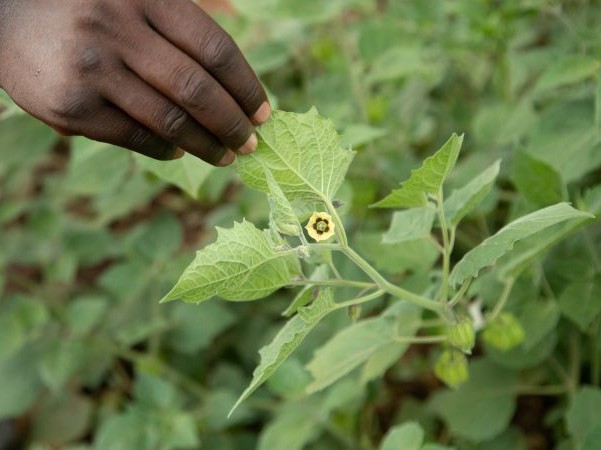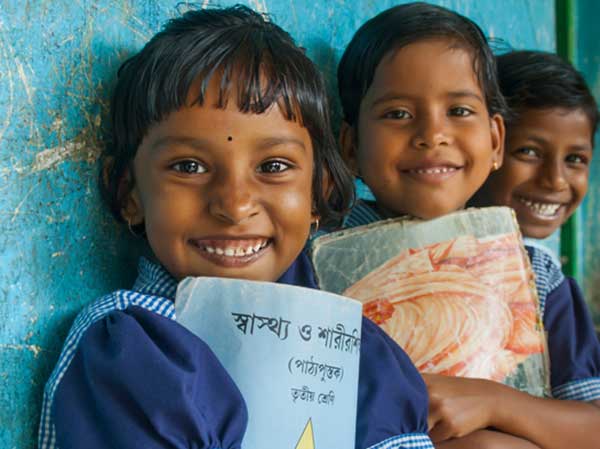Particularly deep impact on girls’ life
For girls, the benefits of daily school meals are particularly profound. Because of the school meal they are encouraged to stay in school longer. Thus, they receive a better school education, also marry later and have children later.
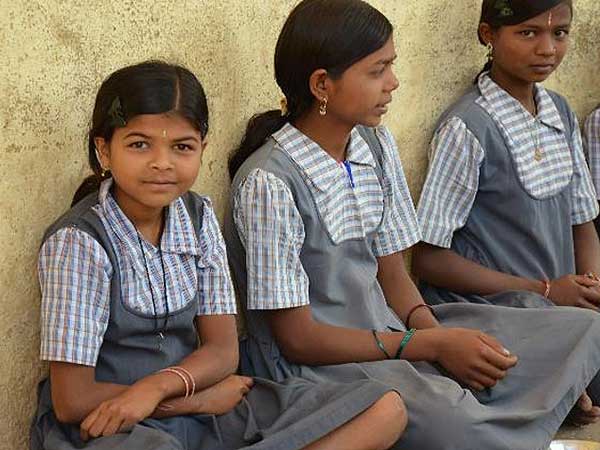
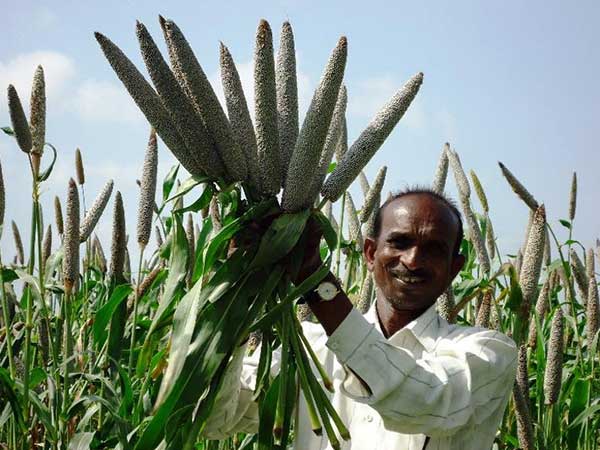
Food produced by local farmers
The school meals are prepared from locally produced staple crops such as corn, cassava and potatoes. For this purpose, farmers cultivate varieties that are particularly rich in nutrients – especially in iron, zinc and vitamin A.
Farmers trained in biofortification
The farmers are trained by HarvestPlus in biofortification. The chosen varieties are not only more nutritious, but also higher-yielding and more climate-friendly. The program secures the income of around 20,000 farmers.
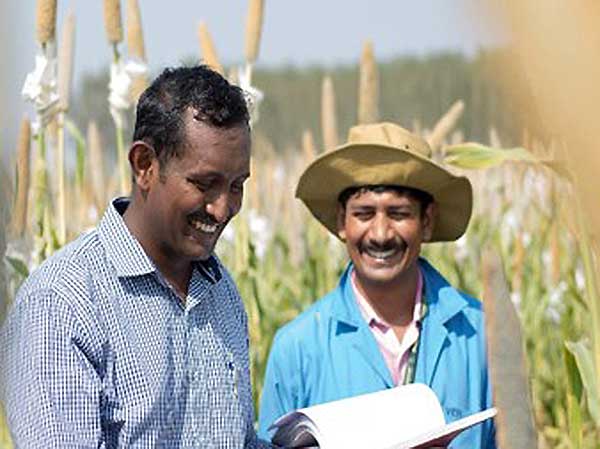
HarvestPlus is pioneering biofortification. This technology uses conventional plant breeding techniques to develop high-yielding, climate-tolerant staple crops that are high in iron, zinc and vitamin A – the three micronutrients that are most important for public health worldwide.
Also in Zimbabwe
HarvestPlus is also active in Zimbabwe. Under the project, farmers are switching to fortified staple crops such as biofortified iron beans, vitamin A corn and vitamin A sweet potatoes. A digital marketplace for biofortified crops is also being established.



